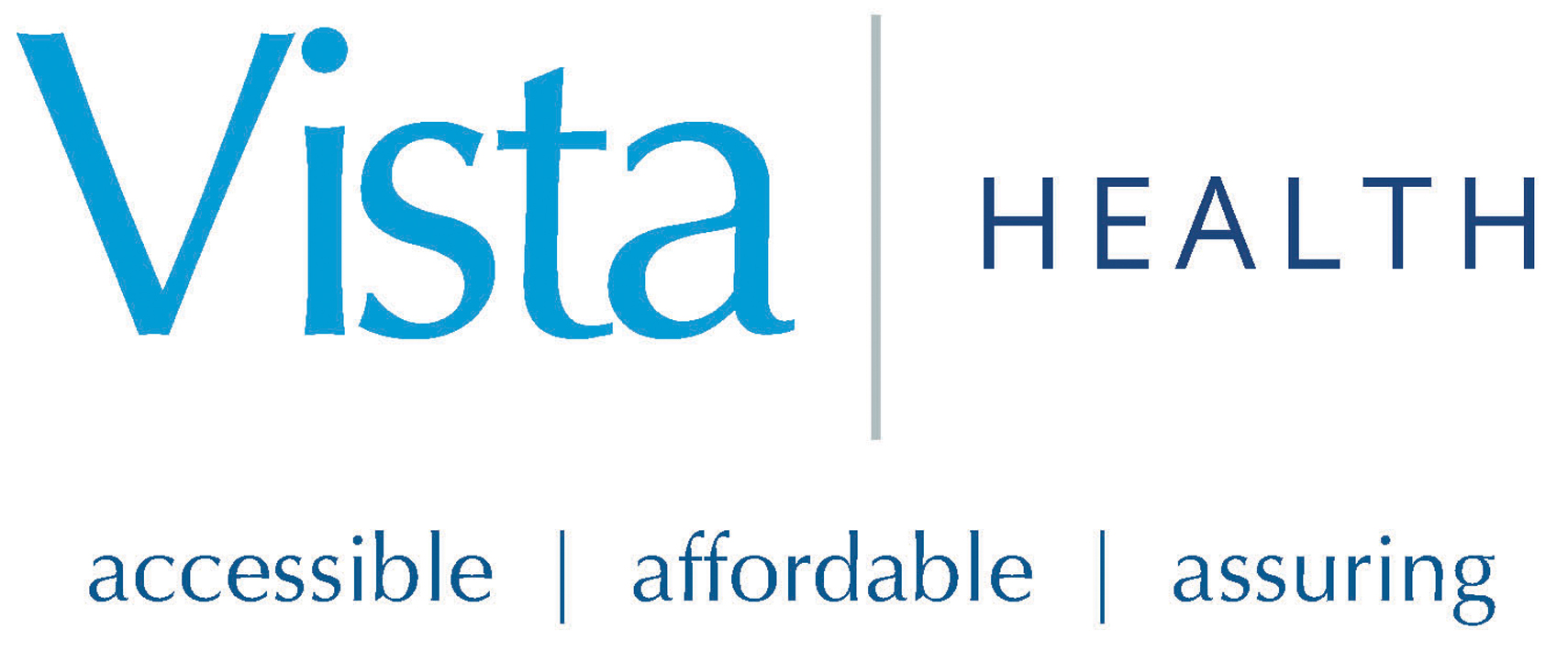The UK recorded almost 3.5M MRI scans between 2017 and 2018 - an unspecified portion of those being hand MRI scans. Placing your hand in an MRI scanner may seem frightening, but it’s a painless procedure used to diagnose various health conditions.
If you want to learn more about hand MRI scans, how they work, what they’re used to diagnose, and where to get a hand MRI scan in the UK - keep reading. We’ll fill you in on all you need to know.
What Is a Hand MRI?
MRI stands for Magnetic Resonance Imaging, a technique often used in diagnostics to get cross-sectional images of the human body using a strong magnetic field and radio waves. Patients predominantly request MRIs to get scans of the soft tissue, especially within the torso. Still, many individuals also get MRI scans to diagnose particular conditions.
A hand MRI is an isolated MRI scan of the human hand that can serve the purpose of showing the bones, ligaments, and blood vessels. The images may indicate a possible health problem.
Preparing for an MRI Hand Scan
Patients must prepare for a hand MRI scan like every other medical procedure. There are several steps to take.
Follow these guidelines when coming in for your scheduled appointment:
● Discuss your health issues, including allergies;
● If you’re on any medication, let your clinician know;
● Specifically, discuss topics such as claustrophobia, and consult your clinician if you are pregnant;
● Dress comfortably and in loose clothing with minimal metal fastening where possible;
● Leave all jewellery at home;
● Be there at least 15 minutes early;
● Put your valuable possessions in a designated locker;
● Carry your ID with you;
Once there, you nay be required to change into a gown before then being placed in the MRI scanner. You will lie down with the MRI coil placed over your hand, and the scan will proceed.
Intravenous Contrast Media and Length of the Hand MRI
Depending on the purpose of your hand MRI scan, the MRI radiographer might inject intravenous contrast media - a non-iodine Gadolinium Based Contrast Agent. This enhances the visibility of your blood vessels, tendons, bones, or muscles for the scan. Don’t worry - intravenous contrast media isn’t dangerous, and your body will naturally flush it through the urinary tract.
The average MRI scan length is between 20 and 30 minutes. Still, it can last as short as 15 minutes or as long as 40 minutes, depending on various factors, such as:
● your health;
● the clinic;
● the condition in question.
What Conditions Does Hand MRI Serve to Diagnose?
Medical practitioners perform MRI hand scans to help diagnose conditions afflicting the structures of the hand, fingers, ligaments, and tendons. This includes:
● Arthropathies;
● Articular hyaline cartilage;
● Tendon tears;
● Tumours, lesions, and neoplasms;
● Cysts and erosions;
● Septic, rheumatoid, psoriatic arthritis and osteoarthritis;
● Osteitis, bursitis, synovitis, and other conditions.
Get a Quick and Affordable Hand MRI Scan UK
If you’re looking to find out more about hand MRI scans, MRI open scanner technology, or overall hand MRI scan UK procedures, contact us at Vista Health. We are a team of well-informed professionals in the field of MRI scanning and can help you with your queries.
Our MRI hand scans are affordable and available to all of the UK. Message us here or call us at 0330 162 6538 as soon as possible and schedule an appointment.
